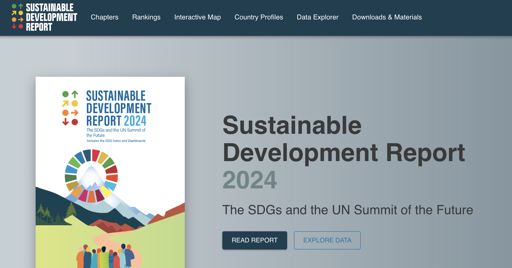I think you make a good point, but it’s one that affects any anti-malicious protection. How do you know that the anti-virus warning you get on Windows is legitimate and not a false alert? Or that the Apparmor block wasn’t a misfire? Selinux is no better nor worse in principle than those.
In all cases, you need to stop and figure out what’s actually going on. That’s one benefit of all these things - they make you pause and, hopefully, think, when something is outside the norm.
And yep, they can be bypassed and they need to be able to be bypassed. If someone is lazy or not knowledgeable enough to make the right decision, or even just in a hurry, then they are at risk. No automated system can protect entirely against that.








Debian stable is as hassle-free as you’ll get.
It sounds like your issue is more with having to migrate to a new laptop. Firstly - buy laptops that are more linux compatible and you’ll have fewer niggles like with sound, suspend and drivers.
Secondly - use “dpkg --get-selections” and “–set-selections” to transfer your list of installed software across to your new laptop. Combined with transferring your /home directory, user migration can be speeded up.